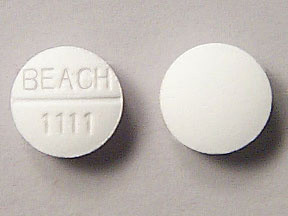POTASSIUM ACID PHOSPHATE - ORAL
PHONETIC PRONUNCIATION: (poh-TASS-ee-um ACID FOSS-fate)
COMMON BRAND NAME(S): K-Phos Original
GENERIC NAME(S): potassium phosphate,monobasic
Uses
USES: This medication helps control the amount of calcium in the body and urine. It works by making the urine more acidic. It is used to prevent calcium kidney stones. It is also used to decrease the amount of ammonia in urine, thereby reducing odor and skin irritation caused by high-ammonia urine. This medication is also given to help certain antibiotics for bladder infections (e.g., methenamine) work better.
How to use POTASSIUM ACID PHOSPHATE - ORAL
HOW TO USE: Take this medication by mouth, usually 4 times a day with meals and at bedtime or as directed by your doctor. Allow the tablet(s) to dissolve in a full glass (8 ounces or 240 milliliters) of water for 3 to 5 minutes. Do not use any liquid other than plain water. If any medication remains undissolved, crush the pieces in the water and stir well. After the medication has completely dissolved, stir and drink the mixture. Take this medication regularly in order to get the most benefit from it. To help you remember, take it at the same times each day. Your dosage is based on your condition and response to therapy. Take this medication 2-3 hours before or after taking any products containing magnesium, aluminum, or calcium. Some examples include quinapril, didanosine, vitamins/minerals, and antacids. Dairy products (e.g., milk, yogurt), calcium-enriched juice, sucralfate, bismuth subsalicylate, iron, and zinc are also included. These products bind with phosphate, preventing its full absorption. Take this medication as prescribed. Do not increase your dose or take this more often without your doctor's approval.
Side Effects
Precautions
Interactions
Overdose
Images
Reviews
Disclaimer
IMPORTANT: HOW TO USE THIS INFORMATION: This is a summary and does NOT have all possible information about this product. This information does not assure that this product is safe, effective, or appropriate for you. This information is not individual medical advice and does not substitute for the advice of your health care professional. Always ask your health care professional for complete information about this product and your specific health needs.

No Reviews Yet